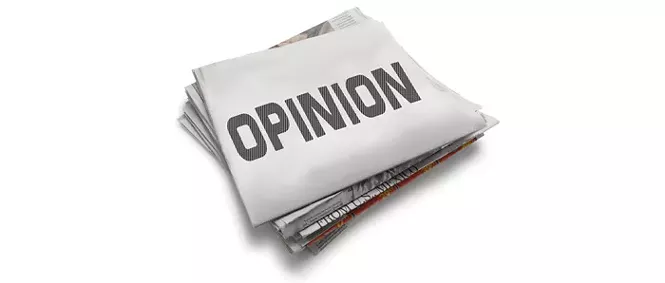
Having a friend is not just good, it is good for you. Friendship is as salutary as giving up cigarettes, shedding belly fat and taking a daily walk. Studies show a good chance for a longer life when you have friends. A 2015 study at Brigham Young University found that "social relationships are vital of our physical health and ultimately longevity." Said study leader Dr. Julianne Holt-Lunstad in an interview with the Deseret News, "We need to start taking our social relationships as seriously as our health."
So let's get started.
First, I don't think Holt-Lunstad was promoting more Facebooking. A social medium like Facebook is a mirror in which your attention is drawn to your own face. It is ironic that the practice of cultivating an image of yourself is equated with cultivating a "friend" you have never met in the flesh, as is the experience of one in three Facebookers. It's as if you are claiming credit for improved social relationships when your avatar hangs out with other avatars in the virtual world of Second Life. Besides, the five hours a day the average American spends sitting in front of a screen is tantamount to a life-shortening diet of corndogs and donuts.
Second, the state of my social relations has never come up during consultations with my doctor. I think that's the norm. Her focus is on my innards, from stem to stern, as if they are capable of delivering a long life all by themselves. She counsels me to eat kale and blueberries, lose 10 pounds, drink less wine and take brisk walks three or four times a week. However, she has yet to promote the healthful twofer of walking with a friend.
Statistically speaking, my life expectancy is 76 years—the day after tomorrow, in other words. I'm all in favor of extending it a few years, but I'd rather do it by playing more pickleball, not by eating kale, drinking less wine or swallowing another prescription drug. More time playing poker with the boys would be fine, too. Welcome to the self-help realm! Where's the how-to manual? Is there a YouTube video for developing a life-long friendship?
An inventory comes next. I have six clusters of friends. Each is the yield of a time and a place. A Venn diagram illustrates how the six circles of friends intersect, to the extent that they do. A few friends from my days at the University of Utah live close by. Others have never set foot in Utah. A 20-year sojourn in rural Massachusetts has bestowed a handful of friends I see once or twice a year. I have five or six holdover friendships from places I worked, and the church I attend has provided a number of valued friends. Some of my most durable friendships date to the Vietnam-era Army, and in the last six years, I have become friendly with about 50 men and women I have met on Salt Lake City's pickleball courts. Pickleball is a social sport. Pickup doubles is the rule, and while waiting for an open court, players chat about recent trips or knee replacements. I don't know many of their surnames, but I know the time spent in their company is as pleasurable as a hot tub on a snowy night.
The inventory shows that most of my friends are men—aging, white, married—whose life experience is as varied as a menu at a Chinese restaurant. Some lean left; others are conservative enough to defend Trump. None wears religion on his sleeve or a pistol in his belt. Several have written books. A few are bilingual. The taproot of one particular friendship reaches 1963, the year John Kennedy was shot. Its 50-year history includes double dates, church basketball, deburr jobs in a machine shop, and Las Vegas packing fake ID. A few weeks ago we met at a downtown restaurant. He has a new, metal hip; his wife has a shoulder replacement in the offing. Thereupon, the conversation drifted into what Joan Didion calls "interminable desultory recollections." ("War stories" in old-soldier parlance.) It will always be thus. Men are less skillful at friendship than women, so some like me rely on nostalgic prompts—sentences beginning "remember when"—to bolster conversation. As it turns out, nostalgia is also healthful—more so than kale, to my taste. "Nostalgia confers psychological benefits," asserts the University of Southampton's Nostalgia website. Among them are "a stronger sense of belongingness, affiliation or sociality."
My inventory dredges up lapsed friendships, too. For every friend I include in my Venn diagram, there are five who are lost—co-workers, roommates, carpoolers, classmates. Some of them were more valued friends than those who emailed me last week. What claimed them? The usual suspects: moving out of town, a new job, divorce, the culture wars. (One in five Americans reports losing a friend to hyper-partisan politics.) And neglect, I must say. Laziness, too. Any friendship worth its salt is going to take some work. Sustaining a friendship requires periodic face-to-face conversation, doses of nostalgia and empathetic hugs. Otherwise, it withers like an untended garden.
It is clear that self-interest is best served by taking the stairs, not riding the elevator; subsisting on kale, not corndogs; and dispensing with ear buds for a walk with a friend. If short on friends, upgrade some acquaintances. The process is one you will need in the assisted-living facility so you might as well get some practice.
Send feedback to comments@cityweekly.net